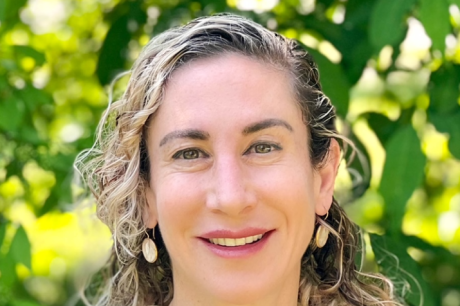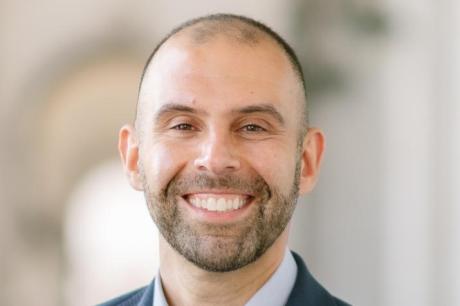Published April 11, 2008, last updated on March 4, 2013 under Research News
The Duke Center for Community Research (DCCR) works with communities to better understand their concerns, and to find ways to move proven technologies and therapies more quickly out into community practice so that they improve health, especially of under-represented minorities. The DCCR, led by Dr. Lloyd Michener, leverages the talent of the academic research community to collaboratively create a training, research, and liaison system that will effectively and systematically involve the community in clinical and translational research training, priority setting, participation, and follow-up.
The DCCR’s Community Health Research Liaison Center is a community resource offering agencies, organizations, and residents the resources and training necessary to better understand research, receive research coaching, more clearly define their concerns, and seek researchers with whom they can work.
Liaison Center activities include:
• Assistance locating potential researchers with whom to discuss their interests and needs.
• Seminars developed for community members describing the elements of research, its language and ethical boundaries, research funding and its priorities, the role of the researcher and issues that affect researchers’ interest in particular subjects, and critical tips for working successfully with researchers and trainees.
Seminars are delivered at community sites on a regular basis, and as requested. Seminars can be delivered in English and in Spanish and include education on:
• The language of research, to enable community groups to interpret researchers’ requests and to enable them to critically examine and support the research.
• The ethics under which researchers are bound, and how that affects their capacity to structure their work.
• The rights of research subjects.
• The limitations of research, to help community members deal with difficult questions such as why research subjects from the same community may be divided into intervention and control groups, or why an intervention may not be able to continue following completion of the research.
• The IRB process and its associated accountabilities.
• Academic freedom and issues concerning publication and authoring.
The Liaison Center also includes a virtual library available to researchers and members of the community, helping both to better understand the nature of the populations and communities to be studied, as well as relevant community-centered research and best practices at Duke and elsewhere.
Virtual library resources include:
• Best community-engaged practices and research, culled from national and state agencies and reputable awardees;
• Compendium of available national, state and local resource organizations that can offer guidance and effective practice of community-engaged research to assist community members and researchers.
• Local agency database on Durham service organizations, including their service listings and limitations, and contact information;
• Regularly updated listing of validated population research methods.
Visit http://www.dtmi.duke.edu/dccr/liaison-center for more information.
This article was first published in the Duke Translational Medicine Institute (DTMI) newsletter, Spring 2008.


